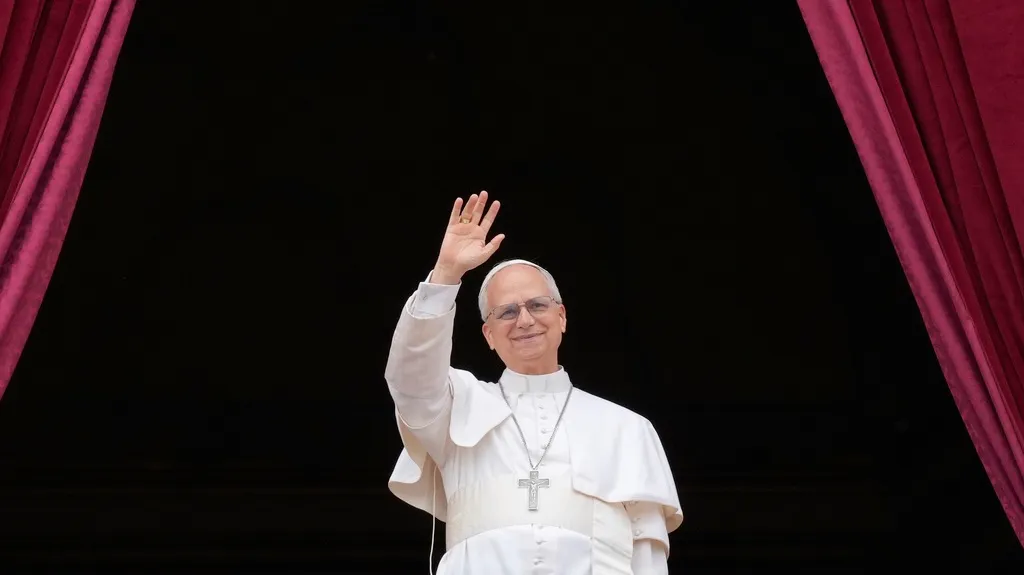April 7, 2011
Ireland Smiles on First Gay Civil Unions
Kilian Melloy READ TIME: 3 MIN.
It wasn't so long ago that simply being gay in the Republic of Ireland made one a criminal; homosexuality was decriminalized in that country in 1993. On April 5, the civil union of two men in a committed life partnership marked how far GLTBs in that nation have come.
Ireland approved civil unions last year with the passage of the Civil Partnership and Certain Rights and Obligations of Cohabitants Act of 2010. The new law came into effect on Jan. 1, 2011, but it was not until April 5 that Dublin couple Hugh Walsh and Barry Dignam tied the knot and made it legal, reported the Irish Times on that same day. In part, that was because there's a three-month waiting period involved in obtaining a civil union in Ireland (although the long wait can be waived, as has already happened for a few couples).
Still, it may be the case that the longtime couple did not feel a rush to the altar; after all, they've been together for 17 years, their relationship having begun at a time when their love could have led to legal repercussions.
What they did feel, however, was duty toward their nation and their fellow Irish gays.
"We feel a certain amount of responsibility," Dignam told the Irish media, "that this is a big step which Ireland is taking and that we're going to be a part of that."
Dignam and Walsh were the first same-sex couple to get a civil union without being given a waiver for the waiting period. The men worried that this would make them the object of media attention and turn their ceremony into a circus, and Dignam confessed to having second thoughts once he and his beloved came to that realization.
"We did have an opportunity to move the date but we felt that we would have been cheating people who had been through an awful lot of hardship--those who had been ridiculed and even jailed in the past," Dignam said, referring to gays who, until recently, could not even admit to their sexual orientation without risk of piquing the attention of law enforcement.
"This change is a pretty sizeable change although it is a pity it's not full marriage," Dignam continued, going on to say, "Anything which is not equality is not equal."
The couple expressed optimism that the day may yet come when they will be allowed to participate in full-fledged marriage, reported the Belfast Telegraph on April 5.
"We just need that little bit more of a push now," Dignam told reporters just after the bare bones ceremony had concluded. "Now that people realize the sky is not going to fall down, that push for civil marriage is not a far journey at all."
The Irish Times article said that, according to government sources, there have been 267 same-sex couples who have filed for civil unions. But because the law also recognizes unions granted in other jurisdictions outside of Ireland, there may be as many as 1,000 Irish couples who are now legally recognized.
Moreover, the Civil Partnership and Certain Rights and Obligations of Cohabitants Act of 2010 also provides some legal recognition and rights to couples, gay or straight, who have lived together for a long enough period of time without getting married or filing for a civil union, reported LGBTQ Nation on April 5.
"The Gay and Lesbian Equality Network has described reported the Irish World on April 6.
"GLEN Chairman Kieran Rose said Irish society used to be one of the most repressive when it came to gay rights, but that this legislation along with other developments now made it one of the most progressive in terms of legal status," the article added.
Kilian Melloy serves as EDGE Media Network's Associate Arts Editor and Staff Contributor. His professional memberships include the National Lesbian & Gay Journalists Association, the Boston Online Film Critics Association, The Gay and Lesbian Entertainment Critics Association, and the Boston Theater Critics Association's Elliot Norton Awards Committee.




